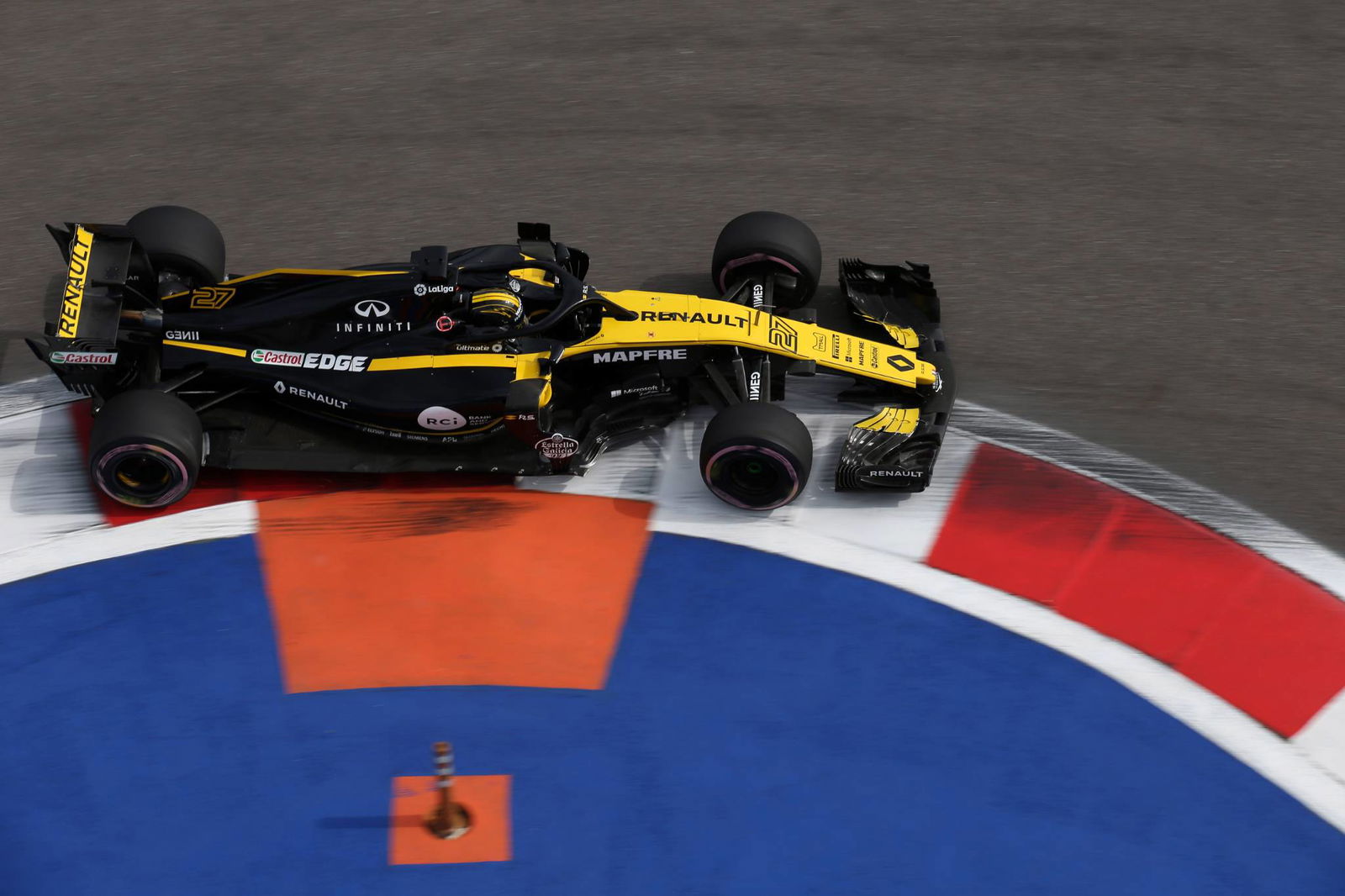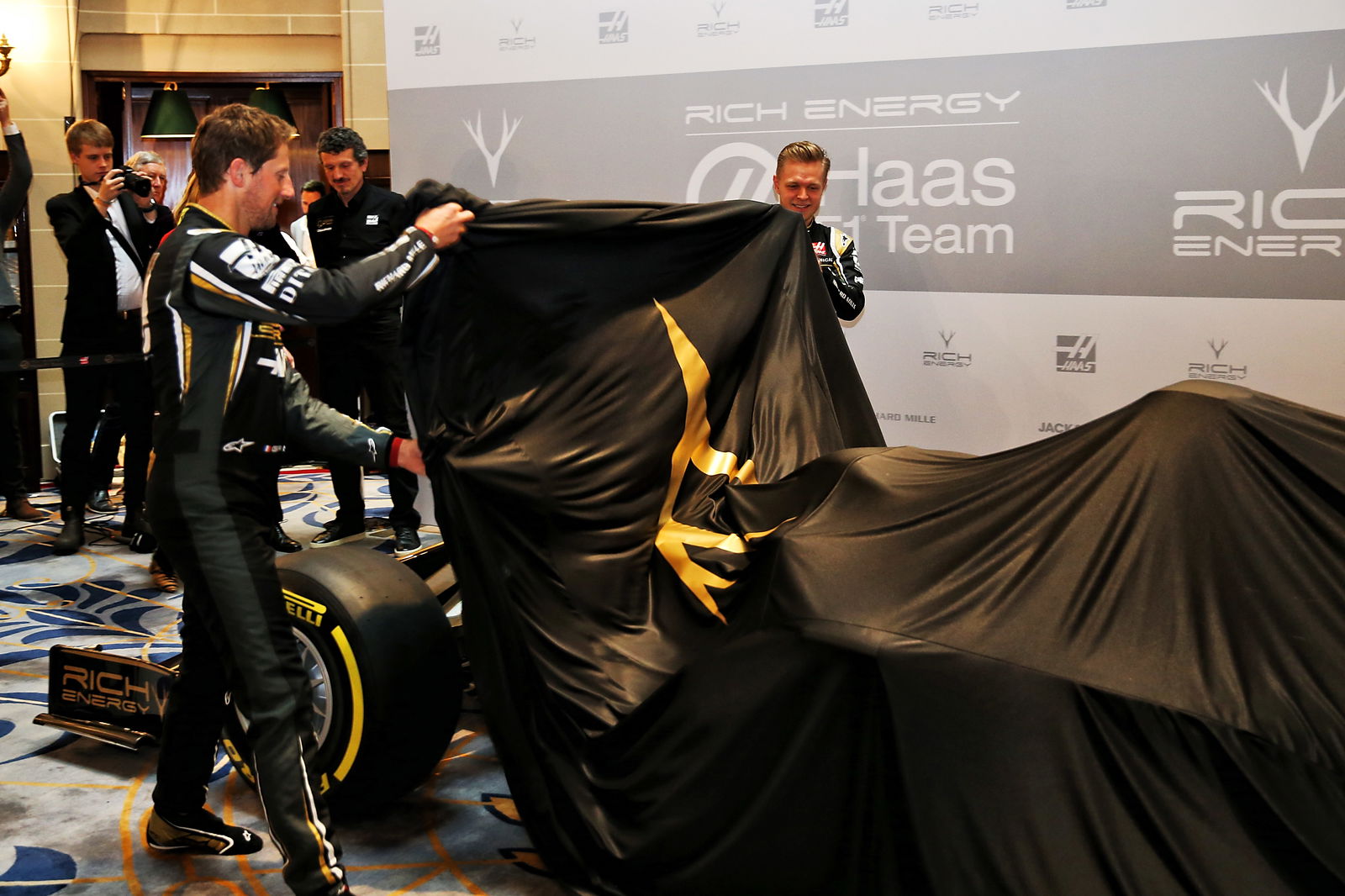Stability best way to close F1 performance gap – Horner
Red Bull boss Christian Horner wants to “reserve judgement” on the 2019 Formula 1 rule changes until the results become clear in the opening races of the year but he fears the performance gaps between teams could grow rather than shrink.
Next season F1 undergoes significant rule tweaks, predominantly on the front and rear wings, in the sport’s bid to allow closer racing by reducing the aerodynamic impact on drivers following rivals cars in a race.

Red Bull boss Christian Horner wants to “reserve judgement” on the 2019 Formula 1 rule changes until the results become clear in the opening races of the year but he fears the performance gaps between teams could grow rather than shrink.
Next season F1 undergoes significant rule tweaks, predominantly on the front and rear wings, in the sport’s bid to allow closer racing by reducing the aerodynamic impact on drivers following rivals cars in a race.
While Horner remains hopeful for a positive impact, he holds concerns the “rush” to get the rules confirmed for 2019 by F1 chief Ross Brawn could have a negative consequence. The Red Bull team principal fears if teams find performance gains in the rules overhaul the gaps will stretch and suggests keeping stable regulations could have achieved the same purpose.
“It’s a significant change. One thing affects another and obviously it’s been a very costly change,” Horner said in Abu Dhabi. “Would it affect the ability for the cars to follow closely? Maybe a little but not tangibly so.
“Inevitably somebody will get it right, some teams will get it wrong. If anything, more gaps between the teams [will occur]. The best way to achieve close grid is stability and then the teams will concertina and converge.”
With 2019’s rule changes expected to be an introduction to a wider regulation renovation due in 2021, Horner feels next season’s rules were rushed through by Brawn’s F1 research team with support from Red Bull’s front-running rivals Mercedes and Ferrari.
“Unfortunately there was some elements of a research project that Ross has been working on that have been cherry-picked by the FIA for application for next year,” he said. “Unfortunately Mercedes and Ferrari supported it through the strategy group and it got voted through.
“I think probably with hindsight, I think all the teams would recognise now that perhaps it wasn’t the right thing to rush through but let’s reserve judgement until we see the first four or five races next year.”
Last week Brawn detailed the intentions of the 2019 rules changes, calling them “a snapshot” ahead of 2021, with the main objective of producing closer racing – a major complaint about modern F1 cars from fans.
Technical Analysis: How Brawn’s F1 2019 rule changes aim to spice up racing
Red Bull switches from Renault to Honda power units from 2019 while also preparing for the F1 rule changes.

